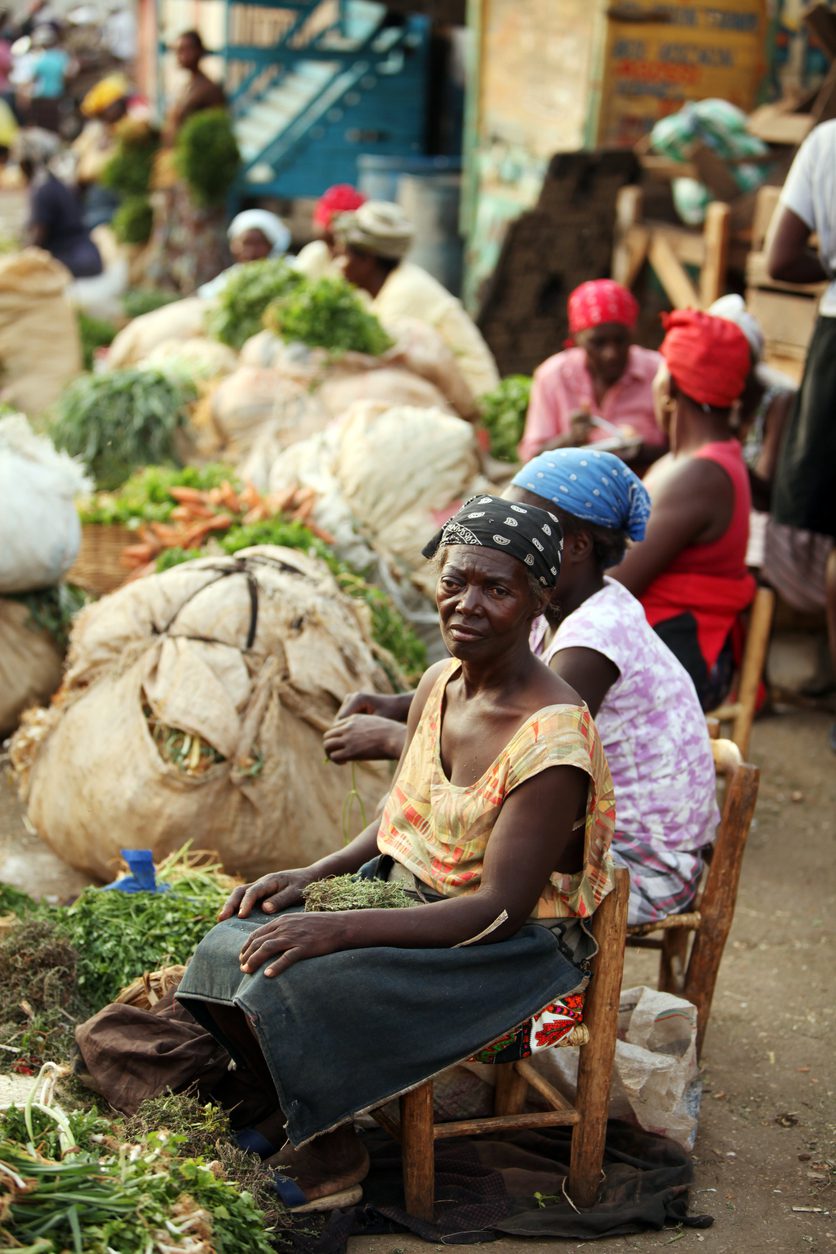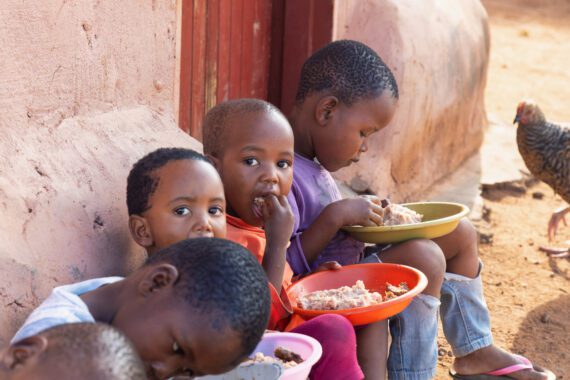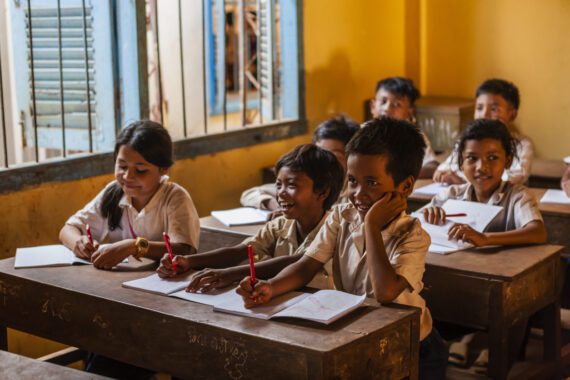According to the most recent update prepared by the World Food Programme (WFP) and the Food and Agriculture (FAO), the global humanitarian community is most focused on saving lives in 18 hunger hotspots (a total of 22 countries).
Haiti is among the hunger hotspots designated “of highest concern” for the period June 2023 through November 2023. In Haiti and other hunger hotspots at the most severe level, large numbers of people are facing starvation, are projected to face starvation, or are confronting critical food insecurity in the context of aggravating factors that are likely to worsen already life-threatening situations.
People trapped in these emergencies are urgently in need of help from humanitarian organizations and the global community at large to prevent additional deaths and relieve suffering. A disproportionate number of those who die from hunger-related causes are very young children.
In addition to Haiti, the most critical hunger hotspots are Yemen, South Sudan, Somalia, Afghanistan, Nigeria, Sudan, and the Sahel, a regional hotspot that includes Burkina Faso and Mali.
Haiti’s current situation:
- An estimated 4.9 million people need humanitarian assistance. Of these, 1.8 million are on the verge of famine.
- More than 259,000 children need nutritional support.
- The 2023 humanitarian response plan includes a global appeal for $420 million for food security and $31.7 million for nutrition interventions.
- Humanitarian workers are implementing a range of lifesaving activities once they reach affected communities. Examples include treating acute malnutrition; setting up systems to detect malnutrition in children at earlier, more easily treatable stages; providing seeds and fertilizers for urban community gardens; and introducing drought-tolerant crop varieties.
The most immediate key drivers of Haiti’s hunger emergency are organized violence, economic deterioration, reduced rainfall, and hurricanes. An understanding of how colonialism and subsequent historical inequities contributed to today’s circumstances must be part of any lasting solution.
- Longstanding political turmoil has worsened since the assassination of President Jovenel Moïse in 2021.
- Gang violence continues to increase. It is a significant cause of hunger as armed groups fight for control of territory
- The WFP/FAO update describes the situation in stark terms: such disputes are “likely to expand … The associated violence is expected to disrupt market supplies, access to markets, basic services, and humanitarian assistance, while triggering new displacements.”
- The report continues, “Agricultural activities will also be affected by the presence of armed groups, increasing farmers’ difficulties in producing and selling crops.”
- Haiti’s geographical location makes it more prone to natural disasters, chiefly earthquakes and hurricanes. The most recent major earthquake, in August 2021, caused thousands of deaths, destroyed at least 130,000 homes along with schools and clinics, and put more than a million people in need of access to food, clean water, and shelter.
- The country’s most devastating earthquake of modern times, in January 2010, killed at least 220,000 people, and impacted up to 3 million more. The country continues to struggle to recover and rebuild.
- Climate change has exacerbated already challenging weather, and Haiti is generally at or near the top of the list of countries most vulnerable to the impacts of climate change.
- Below‑average rainfall and higher-than-average temperatures may affect the maize and bean crops usually planted during the second rainy season of the year.
- The Russian invasion of Ukraine has caused siginficant increases in the prices of basic foods in Haiti and other importing countries, increasing the number of families who cannot afford to buy enough food.
Bread for the World’s Connection to Hunger Hotspots:
Bread’s ongoing advocacy for robust humanitarian food and nutrition assistance is essential to an effective response to the hunger crisis in Haiti. Bread for the World members are longtime faithful advocates for people in hunger emergencies. Last year, for example, members helped to win much-needed additional humanitarian funding. This is part of Bread’s efforts to persuade Congress to allocate funds that save lives, prevent irreparable harm from early childhood malnutrition, and ease suffering. Bread members also champion U.S. development assistance, which helps prevent hunger emergencies by enabling and equipping people to build resilient communities.
Michele Learner is managing editor, Policy and Research Institute, with Bread for the World.



